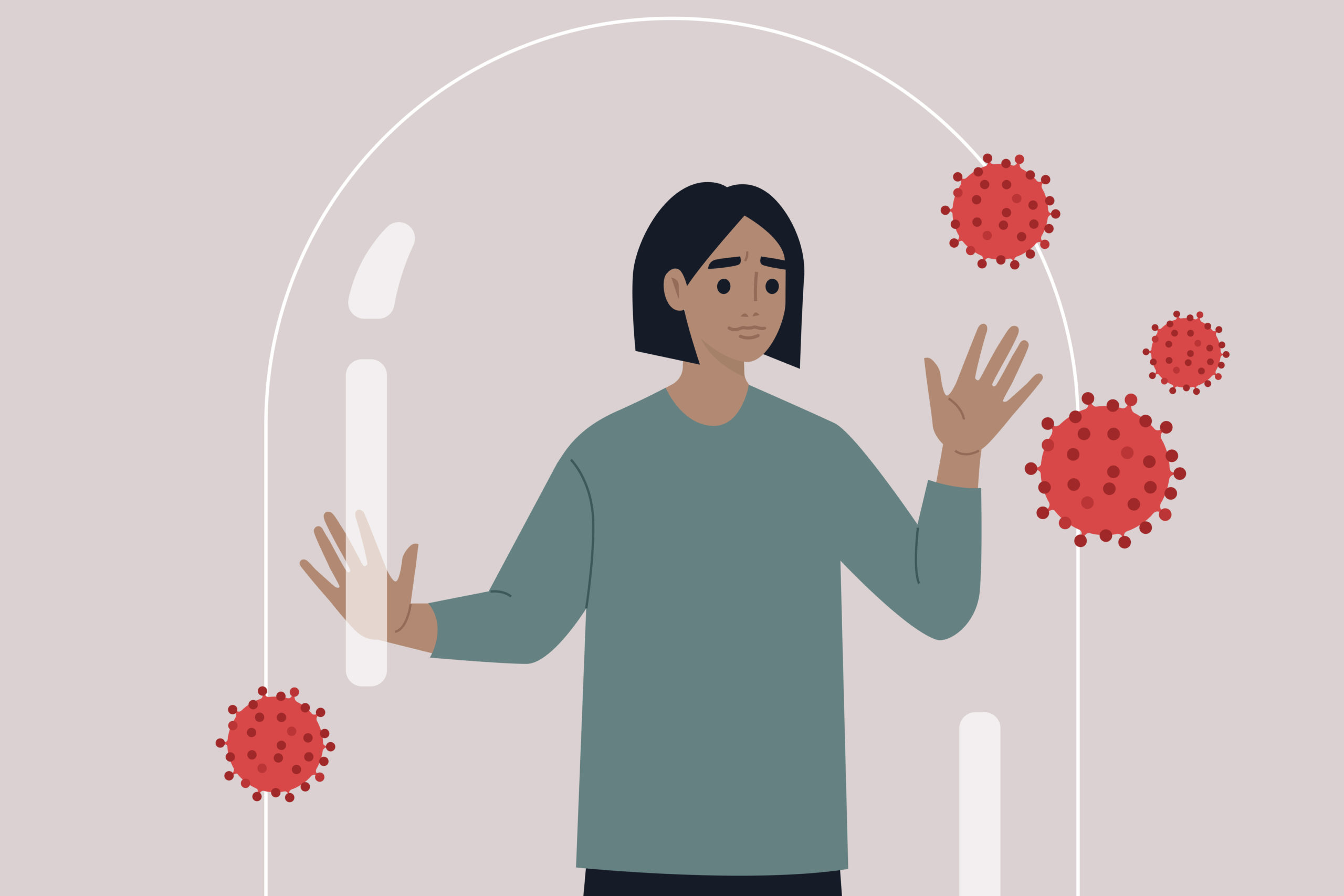The menopause can have a detrimental effect on our psychological well being, combined with the psychical symptoms it can be debilitating and it’s something GPs are only starting to recognise.
As estrogen levels decline – the very hormone that plays a significant role in our mental health and combating cognitive decline – the impact on our mental health can be substantial. As we adjust we can be left with overwhelming feelings of anxiety and depression. Many feel as if they have turned into ‘zombies’, a low-functioning version of their previous selves living a substandard quality of life.
We’ve seen celebs like Ulrika Jonsson open up to reveal it gave her, ‘unimaginable anxiety’ and suffered memory problems so bad she thought she was in the early onset of Alzheimer’s.
Meg Matthews remarked, “anxiety had taken me from being a confident, outgoing person and turned me into a shadow of myself”.
While Carol Vorderman revealed she experienced a terrible bout of depression during the menopause on ITV’s Lorraine. Describing it as “a blackness where I would wake up – nothing else in my life was going wrong, I’m a very lucky woman, no money worries or nothing like that – and I would wake up and think ‘I don’t see the point in carrying on. I just don’t see the point in life”.
This is the story for many women who are going through the transition. The menopause lasts an average of four years and although everyone experiences it differently, psychological symptoms are often the most common. But many women and GPs alike, fail to associate the psychological turmoil they’re experiencing with the menopause.
So What Happens?
Estrogen falls during the menopause, which Web MD explains, causes a “disruption in an entire chain of biochemical activity, which in turn affects the production of mood-regulating chemicals, including serotonin and endorphins, which has some pretty significant effects”.

The hormone is linked to the production of serotonin, the mood-regulating chemical and the fall caused by menopause can cause anxiety, depression and mood swings. Estrogen similarly plays an important role in cognitive processing, memory and protection against degeneration.
And those are just the direct factors, many of the physical symptoms can, in turn, have a detrimental effect on mental health. For instance, night sweats, insomnia and fatigue impacts cognitive function, memory and mood.
It can be a vicious cycle which culminates in depression, anxiety and cognitive impairment and as Carol Vorderman described, can be a “blackness” that is difficult to escape.
What Can We Do About It?
Hormone replacement therapy has been the go-to treatment for the menopause for decades, by replenishing the lost hormones. But the drug’s long history of helping menopause women is tainted with a controversy due to its link with cancer. Something which has been taken out of proportion by news outlets and deters many suffering women away. But with recent studies showing that HRT is safe for those without genetic predispositions, the stigma is fading.
For those unable to take HRT for medical reasons there are alternatives available, such as herbal remedies which have been shown to have various degrees of success. There are also medicines your doctor can prescribe such an anti-depressants which have the added benefit of providing some relief from hot flushes. Additionally, they can advise on the right treatment route to go down.
Tablets aren’t the only way to get your psychological wellness back to normal, there are many lifestyle changes we can make to improve your mental health.
Adding omega-3s to our diet through oily fish improves cognitive function while ditching refined sugar and switching to complex carbs can help our energy levels which aids cognitive function. And although exercise hasn’t been proven to reduce menopause symptoms it has been shown the improve quality of life and reduce stress.
Menopause retreats take this to the next level and they’re rising in popularity, offering wellness plans from diet and exercise to therapeutic and healing massages all the while you rest. Every part of your trip from activities to meals are planned to accommodate your specific needs and help reduce symptoms.
For further advice, contact Kathy Abernethy, a menopause specialist who can provide support via a telephone service.





